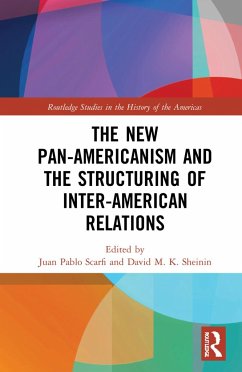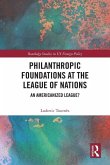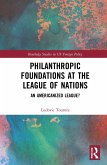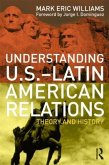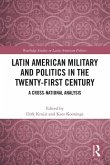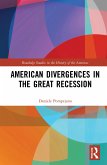What is Pan-Americanism? People have been struggling with that problem for over a century. Pan-Americanism is (and has been) an amalgam of diplomatic, political, economic, and cultural projects under the umbrella of hemispheric cooperation and housed institutionally in the Pan-American Union, and later the Organization of American States. But what made Pan-Americanism exceptional? The chapters in this volume suggest that Pan-Americanism played a central and lasting role in structuring inter-American relations, because of the ways in which the movement was reinvented over time, and because the actors who shaped it often redefined and redeployed the term. Through the twentieth century, new appropriations of Pan-Americanism structured, restructured, and redefined inter-American relations. Taken together, these chapters underscore two exciting new shifts in how scholars and others have come to understand Pan-Americanism and inter-American relations. First, Pan-Americanism is increasingly understood not simply as a diplomatic, commercial, and economic forum, but a movement that has included cultural exchange. Second, researchers, political leaders, and the media in several countries have traditionally conceived of Pan-Americanism as a mechanism of US expansionism. This volume reimagines Pan-Americanism as a movement built by actors from all corners of the Americas.
Bitte wählen Sie Ihr Anliegen aus.
Rechnungen
Retourenschein anfordern
Bestellstatus
Storno

